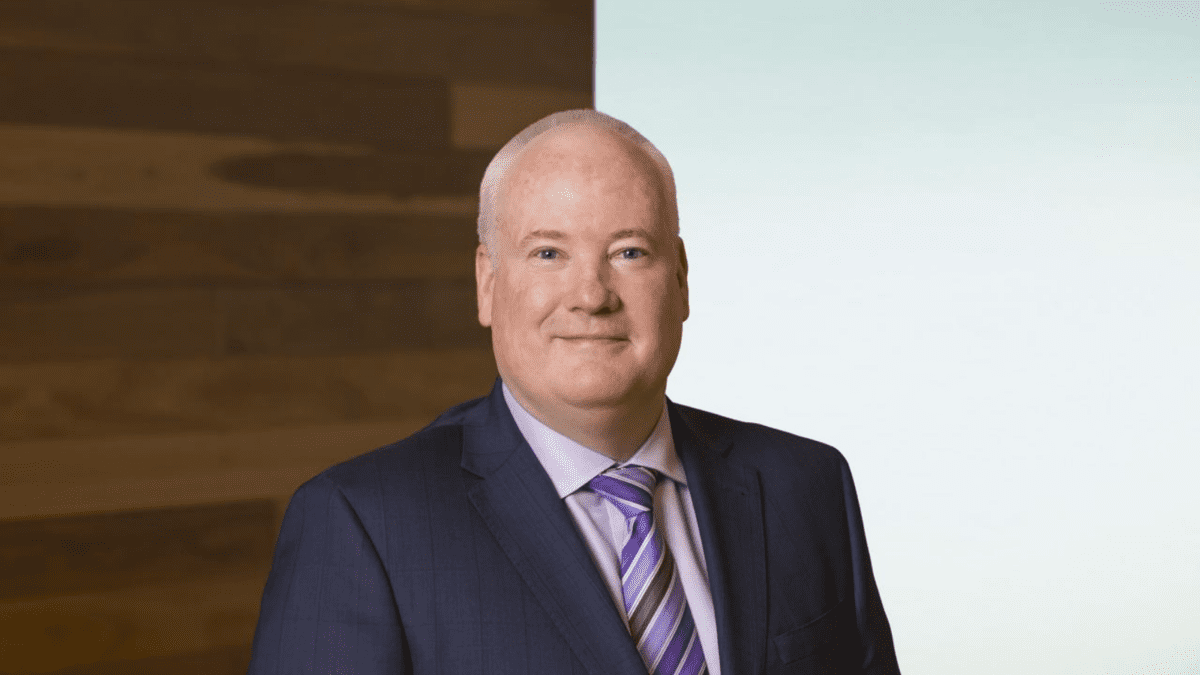State Street wants to give its clients an AI ‘co-pilot’
State Street is looking to build generative artificial intelligence into a host of its products to give clients “conversational” access to documentation and data in a move it hopes will “radically transform” how they interact with them.
“You ask it basic questions in natural language – show me my exposure to x over time, graph it for me; all that stuff will be available,” says Clayton Issitt, head of Alpha APAC client solutions at State Street. “But also ask it to read this document, summarise it, pull out the key stats and move that down the processing line.”
State Street started working on AI long before OpenAI entered the public consciousness with its ChatGPT large language model (LLM) and Midjourney. Google’s Bidirectional Encoder Representations from Transformers (BERT) LLM, which was released in 2018, formed some of the basis of its own research; it now has a beta version of what it calls the Alpha Co-pilot running on mocked-up data but doesn’t have a release date, partly because the legal considerations are still being worked through.
It’s also still in training to “address hallucinations and the tendency to pull things in from outside our world” but State Street eventually wants to roll Co-pilot out across most if not all of its capabilities, including Charles River’s Investment Management Solution and Mercatus, its front-to-back private markets solution.
“But it is a copilot and not an autopilot; there’s more of a focus on removing technical barriers,” Issitt says. “I think about portfolio analysts who spend so much time looking for information in the right table, then surfacing that information, then building a visual that’s pretty so somebody that’s less technical will be able to derive insights from it; that takes days, weeks, depending on the skill of that analyst and their familiarity with the underlying data.”
“That’s something that could be done in seconds with the Co-pilot; build me this table with this visualisation.”
State Street has invested “for a very long time” in its AI capabilities, with 400 AI practitioners at work across the business and six recently won patents. Applying continuous learning neural networks to its Alpha Data platform has resulted in a “massive reduction” in false positive reporting of data anomalies, while use cases in custody and accounting include inadvertent data disclosure prevention and anomaly detection in vendor market data.
At the same time, State Street is concerned about the proliferation of data siloes in local institutional investors, which are caused by decades of accumulated “technology debt” created by new management and storage solutions bolted on to the organisation as they built new capabilities.
“A data silo is something that is not designed to talk to other things in an ecosystem,” Issitt says. “And so we see this a lot; everybody has chosen solutions to solve specific problems and those solutions typically solve those problems pretty well. But when you start trying to connect those to other solutions you start having problems.”
On a practical level, if two systems that deal with the same asset are built on different underlying assumptions about the performance or behaviour of that asset, what a portfolio manager is doing to manage a fixed income portfolio is not necessarily what an analyst will report to clients or members.
“If all of those things are different across your systems you’re going to get different outcomes for the same inputs… If you go back historically that was just the nature of our industry – there wasn’t this push from clients and customers for all of us as vendors to work together. We were each responsible for our little slice of the piece, and we created that slice of the pie… We’re being asked to work better together, as well as come up with better integrated capabilities for our clients.”










